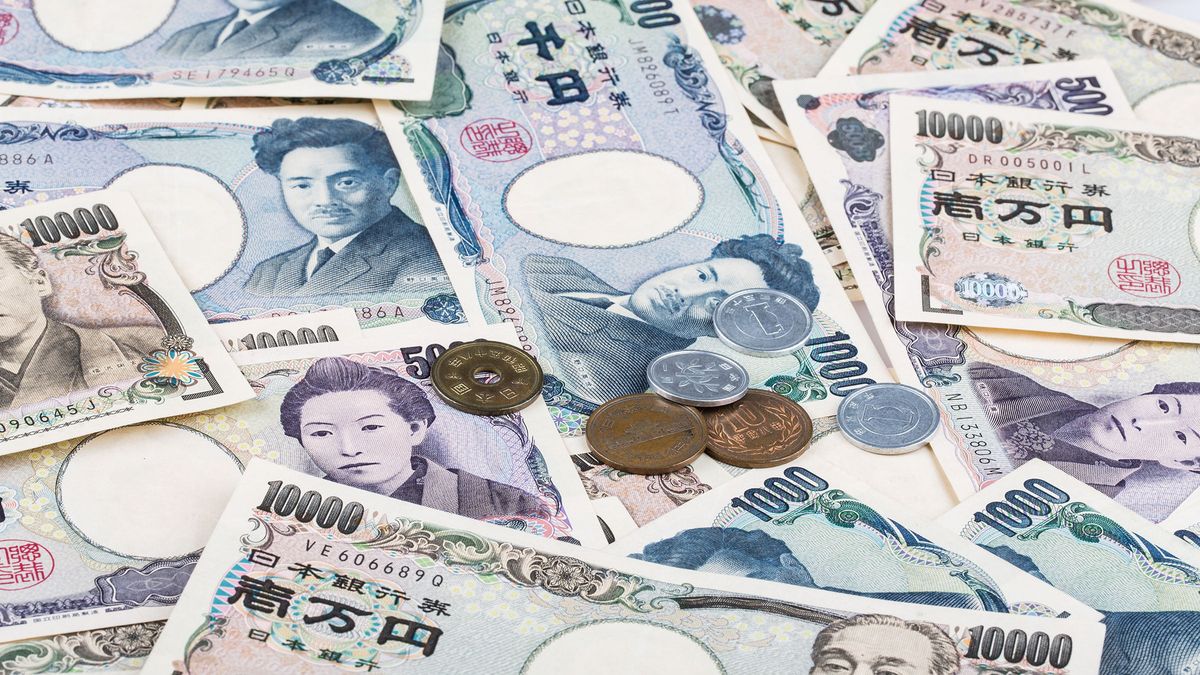Japanese Prime Minister Fumio Kishida surprised markets by announcing that he will not run for the Liberal Democratic Party (LDP) in the upcoming elections. which will be held next month. Therefore, will resign as prime minister in September, when the party elects a new leader, ending a three-year term. Kishida lost support from the electorate in recent months as his tenure was marred by several political scandals. In this regard, he noted that “politics cannot function without public trust,” so “I will now concentrate on supporting the newly elected leader of the LDP as a grassroots member of the party.” In recent months, several scandals related to the LDP’s financing and its relationship with the controversial Unification Church have undermined his position. In addition, His departure coincides with an increase in volatility on the Japanese stock market, which plummeted last Black Monday (August 15), after a change of course in the monetary policy of the Bank of Japan (BoJ) that triggered a global dismantling of the “carry trade” and accompanied the fall of world markets due to fears of a recession in the US.
It is worth noting that this is the second victim of the yen crisis, after the Japanese government decided to replace its top monetary official, Masato Kanda, with Atsushi Mimura at the end of June. Apparently, after the late Shinzo Abe bravely tried to break Japan’s sad tradition of having prime ministers who last on average about a year – before resigning and eventually being assassinated – it seems that Japan has returned to its own ungovernability. But perhaps the most relevant thing at the moment is that Kishida’s departure could pave the way for the BoJ to raise interest rates and shore up the yen, and for Japan’s monetary policy to normalize.
Markets surprised by the decision
Very early on Wednesday morning, Japanese Prime Minister Fumio Kishida surprised markets when he said he would step down as leader of the ruling LDP (which controls both legislative chambers) in September and effectively end his term as prime minister, ending months of speculation about his ability to survive the scandal and the rising cost of livingAt a news conference, Kishida said he would not seek re-election in next month’s internal election for the LDP presidency, which effectively gives the incumbent the post of Japanese prime minister.
“Japan continues to face difficult situations both at home and abroad. It is extremely important that we address these problems with a firm hand.”“The first and clearest step to show that the LDP is changing is for me to resign,” Kishida said. “Confidence in politics and the people’s confidence are essential, only then can we move forward, and that is why the LDP must change,” he told reporters.
This unexpected change comes at a key moment for Japan, which, as the British newspaper reports, Financial Timestook on a more assertive defense role in the Pacific and deepened security cooperation with Washington in the face of China’s rise. The economy has also begun to emerge from a decades-long struggle with deflation and low growth, while its stock markets have become a favourite destination for investors seeking an alternative to China amid rising geopolitical risks.
But Kishida’s three-year tenure has been marred by low approval ratings, largely caused by a political financing scandal that forced him to fire four cabinet ministers in 2023. In February, a poll by the newspaper Mainichi rrevealed that only 14% of voters approved of his administration’s performance, well below the 30% level that has brought down previous Japanese prime ministers. Political analysts attributed Kishida’s survival to the weakness of Japan’s opposition parties and the lack of serious rivals within the LDP.
As the FT notes, Kishida’s decision came as a surprise within the LDP, where senior figures strongly believed the prime minister intended to run in the leadership election. By withdrawing from the leadership election, which is expected to be held around September 20, Kishida opens the door for several candidates to vie for the post. Speculation among analysts about his most likely successor has focused on former Trade Minister Toshimitsu Motegi (aged 68), former Defense Minister Shigeru Ishiba (aged 67), and former Foreign Minister Taro Kono (aged 61), all of whom are career politicians.
Does a c arise?unexpected loss?
For Masatoshi Honda, a political analyst and academic, the LDP’s problems and the leadership contest would attract candidates who would not normally be seen as potential contenders. But whoever wins, it will be very difficult to revive support for the LDP, Honda said. A younger potential contender is Takayuki Kobayashi49, a graduate of Harvard Kennedy School, who is credited with having shown a firm hand as Minister of Economic Security between 2021 and 2022. It should be noted that whoever is elected president of the LDP will have to lead the party in a general election that must be held at the end of October 2025. For now, in the business world, executives are wondering whether the next leader of the LDP will be experienced and tough enough to face international challenges, including an increasingly assertive China and the possible re-election of Donald Trump.
Kishida, who had served as foreign minister, came to power in October 2021 with a promise to establish a “new capitalism.” His initial failure to explain in detail his plans for wealth redistribution led to a rapid crash of the Tokyo stock market, known as the “Kishida shock”Ironically, his tenure ended with another shock, this time the result of a logical rate hike aimed at containing Japan’s runaway inflation, which sent stocks tumbling and forced the BoJ to quickly reverse course and promise no more rate hikes.
But Kishida’s tenure also included a number of modest achievements that had eluded his predecessors, including a historic increase in defense spending in 2022 that, in stages, would raise the military budget from about 1% of GDP to roughly 2% within five years. Kishida’s efforts to convince Japanese corporations to raise wages also paid off. since salary negotiations shunt This year’s March 2017 elections secured the biggest pay rise for workers in large companies since 1991. Unfortunately, That sparked Japan’s highest inflation in generations and forced the BoJ to raise rates, jeopardizing the stability of the Japanese bond market, the world’s biggest financial Frankenstein, where the BoJ owns more than half of all Japanese government bonds.
Source: Ambito




